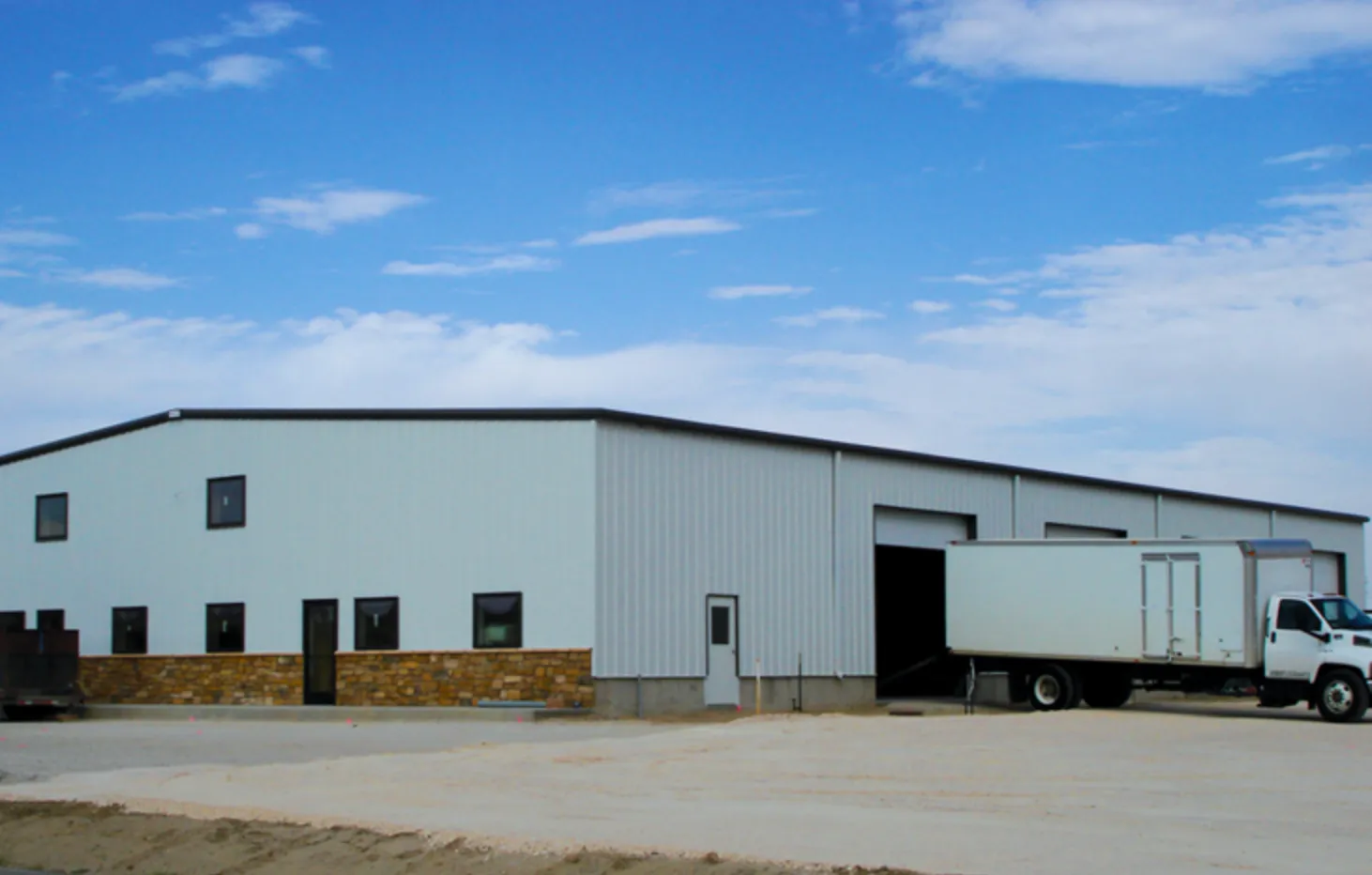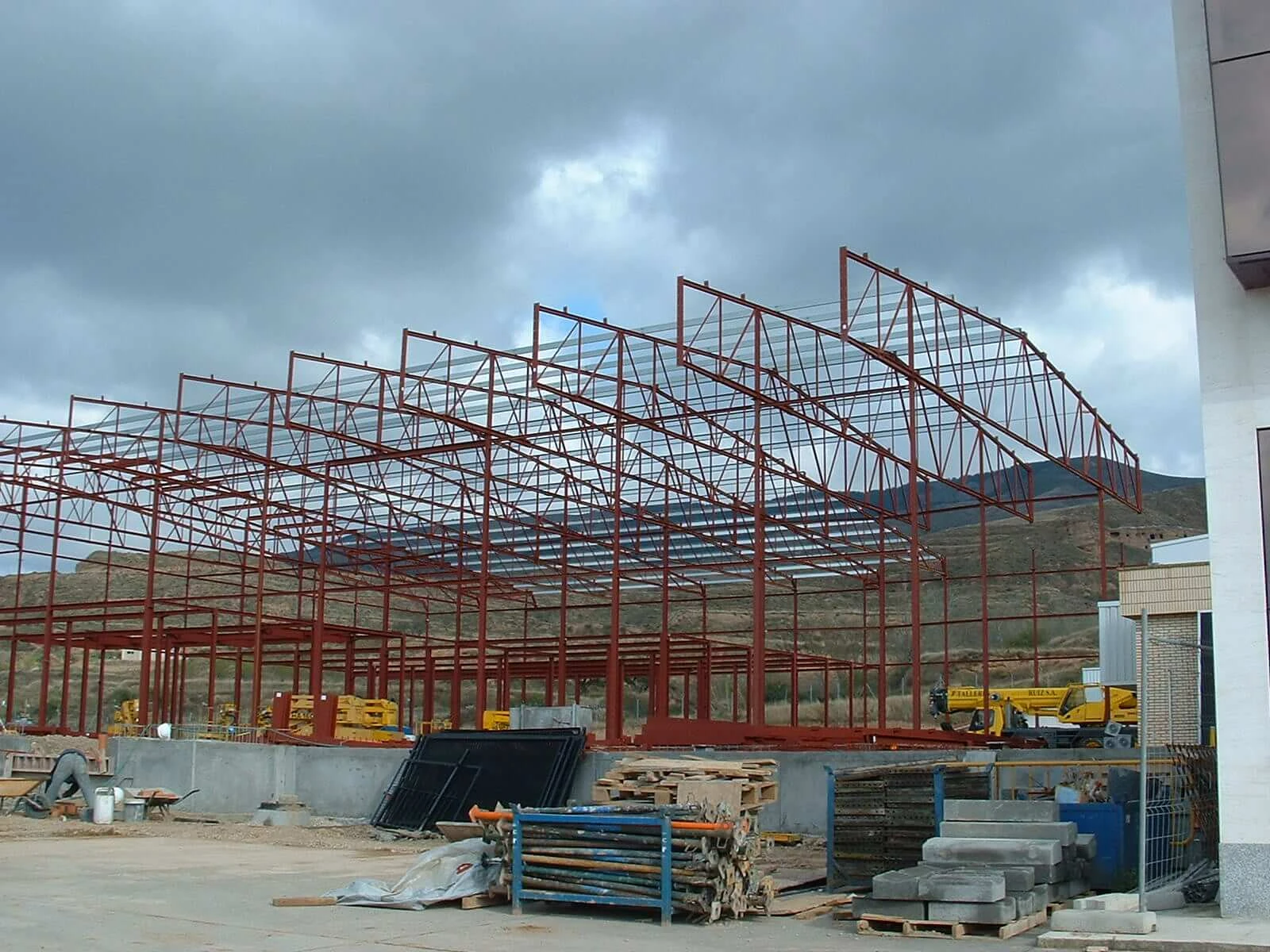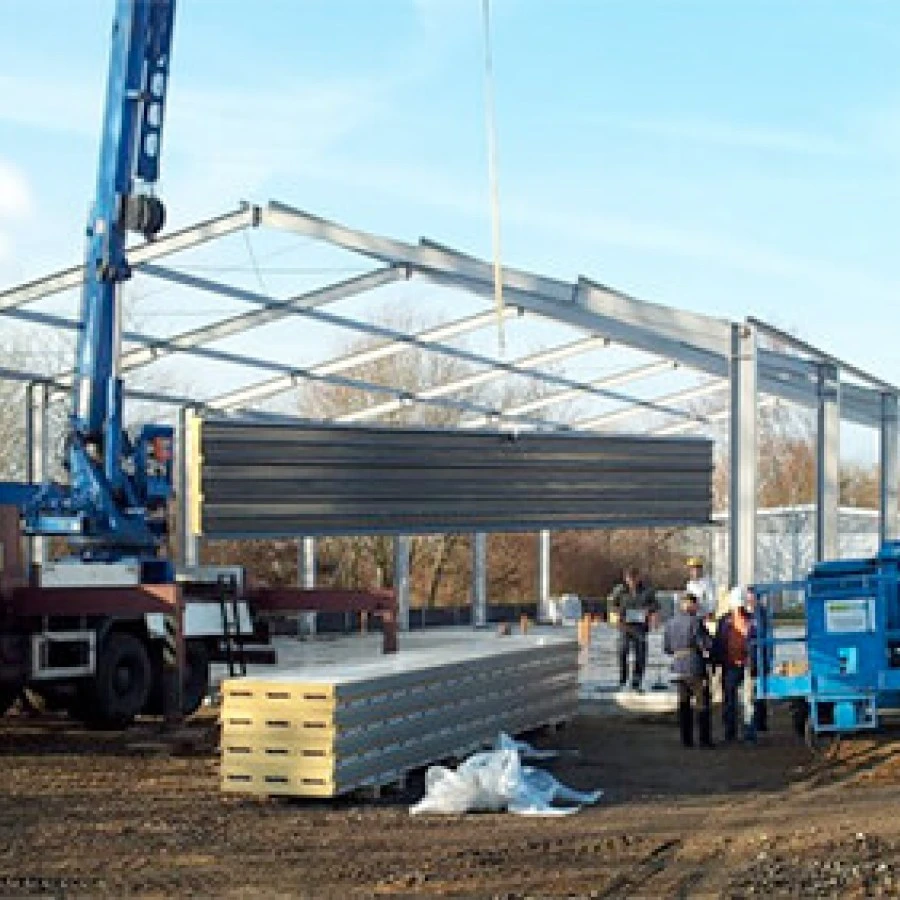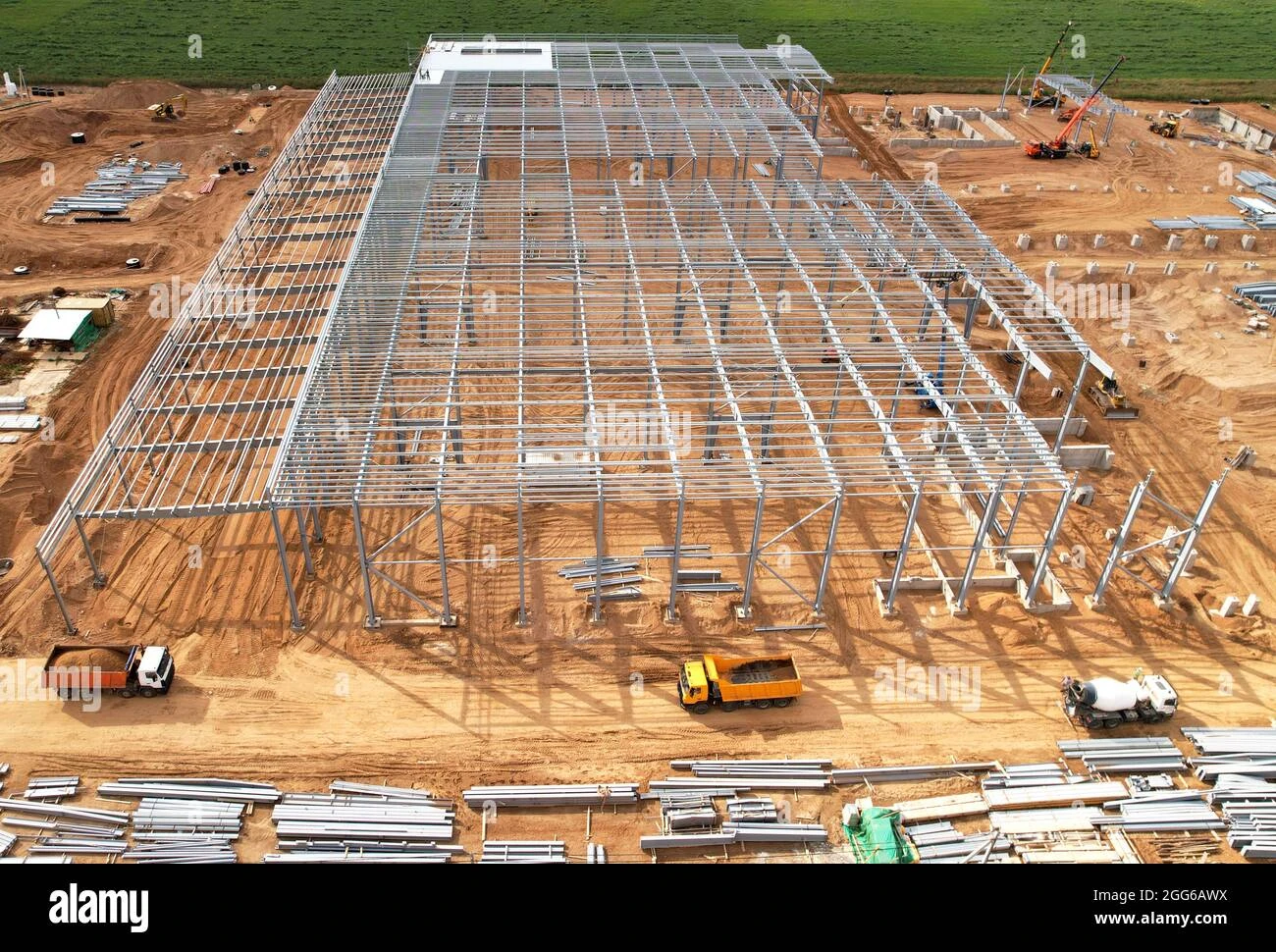- Afrikaans
- Albanian
- Amharic
- Arabic
- Armenian
- Azerbaijani
- Basque
- Belarusian
- Bengali
- Bosnian
- Bulgarian
- Catalan
- Cebuano
- Corsican
- Croatian
- Czech
- Danish
- Dutch
- English
- Esperanto
- Estonian
- Finnish
- French
- Frisian
- Galician
- Georgian
- German
- Greek
- Gujarati
- Haitian Creole
- hausa
- hawaiian
- Hebrew
- Hindi
- Miao
- Hungarian
- Icelandic
- igbo
- Indonesian
- irish
- Italian
- Japanese
- Javanese
- Kannada
- kazakh
- Khmer
- Rwandese
- Korean
- Kurdish
- Kyrgyz
- Lao
- Latin
- Latvian
- Lithuanian
- Luxembourgish
- Macedonian
- Malgashi
- Malay
- Malayalam
- Maltese
- Maori
- Marathi
- Mongolian
- Myanmar
- Nepali
- Norwegian
- Norwegian
- Occitan
- Pashto
- Persian
- Polish
- Portuguese
- Punjabi
- Romanian
- Russian
- Samoan
- Scottish Gaelic
- Serbian
- Sesotho
- Shona
- Sindhi
- Sinhala
- Slovak
- Slovenian
- Somali
- Spanish
- Sundanese
- Swahili
- Swedish
- Tagalog
- Tajik
- Tamil
- Tatar
- Telugu
- Thai
- Turkish
- Turkmen
- Ukrainian
- Urdu
- Uighur
- Uzbek
- Vietnamese
- Welsh
- Bantu
- Yiddish
- Yoruba
- Zulu
Sep . 07, 2024 08:56 Back to list
The Significance of Steel Warehouses in Modern Industry
In today's rapidly evolving industrial landscape, the steel warehouse plays a crucial role in ensuring the efficiency and effectiveness of various manufacturing processes. These warehouses serve as essential storage and distribution centers for steel, one of the most vital materials required across multiple industries ranging from construction to automotive and beyond. Understanding the importance of steel warehouses can shed light on their contribution to industrial growth and development.
A steel warehouse primarily functions as a storage facility for an extensive variety of steel products, including beams, sheets, coils, and plates. These materials are fundamental in constructing buildings, bridges, vehicles, and machinery. By maintaining a well-organized inventory of different steel types and grades, steel warehouses enable manufacturers and builders to access the specific materials they need promptly, thus minimizing downtime and delays in production.
One of the primary benefits of steel warehouses is their ability to streamline supply chain operations. Modern manufacturing relies heavily on just-in-time inventory systems, where companies aim to keep inventory levels as low as possible while still meeting customer demand. Steel warehouses play a pivotal role in this model by offering immediate access to a vast array of steel products. With the ability to quickly ship materials directly to job sites or manufacturing facilities, steel warehouses help businesses maintain lean operations and reduce overhead costs.
steel warehouse

Furthermore, steel warehouses contribute to the sustainability of the industry. Many suppliers are now focusing on eco-friendly practices, such as recycling scrap metal and reducing waste. Steel warehouses often implement recycling programs and sustainable storage solutions that minimize their environmental footprint. As a result, they play a significant part in promoting a circular economy, where materials are reused and repurposed, reducing the need for new raw materials.
Technological advancements have also transformed the way steel warehouses operate. Automation and inventory management software have enhanced efficiency by allowing for real-time tracking of stock levels and shipments. Barcode scanning and RFID technology streamline the process of inventory management, enabling warehouse operators to quickly locate and retrieve items. These innovations not only improve operational efficiency but also reduce the likelihood of errors, ensuring that customers receive the correct materials in a timely manner.
With the global construction boom and the rising demand for steel driven by infrastructure projects, the importance of steel warehouses is expected to increase. As companies seek to expand their operations and reach new markets, establishing robust supply chains becomes paramount, and steel warehouses are integral to this process.
In conclusion, steel warehouses are vital components of modern industrial operations. They ensure the timely availability of necessary materials, support efficient supply chains, promote sustainability, and leverage technological advancements to enhance productivity. As industries continue to grow and adapt to new challenges, the role of steel warehouses will become even more critical, solidifying their place in the backbone of manufacturing and construction.
-
Cold Formed Steel Residential Framing
NewsMay.21,2025
-
Innovative Steel Structure Building Solutions
NewsMay.19,2025
-
Innovative Prefab Metal Shed Solutions
NewsMay.19,2025
-
Durable Steel Horse Shelter Solutions
NewsMay.19,2025
-
Durable Metal Shed Solutions
NewsMay.19,2025
-
Durable Big Metal Shed Solutions
NewsMay.19,2025
Products categories
Our Latest News
We have a professional design team and an excellent production and construction team.












